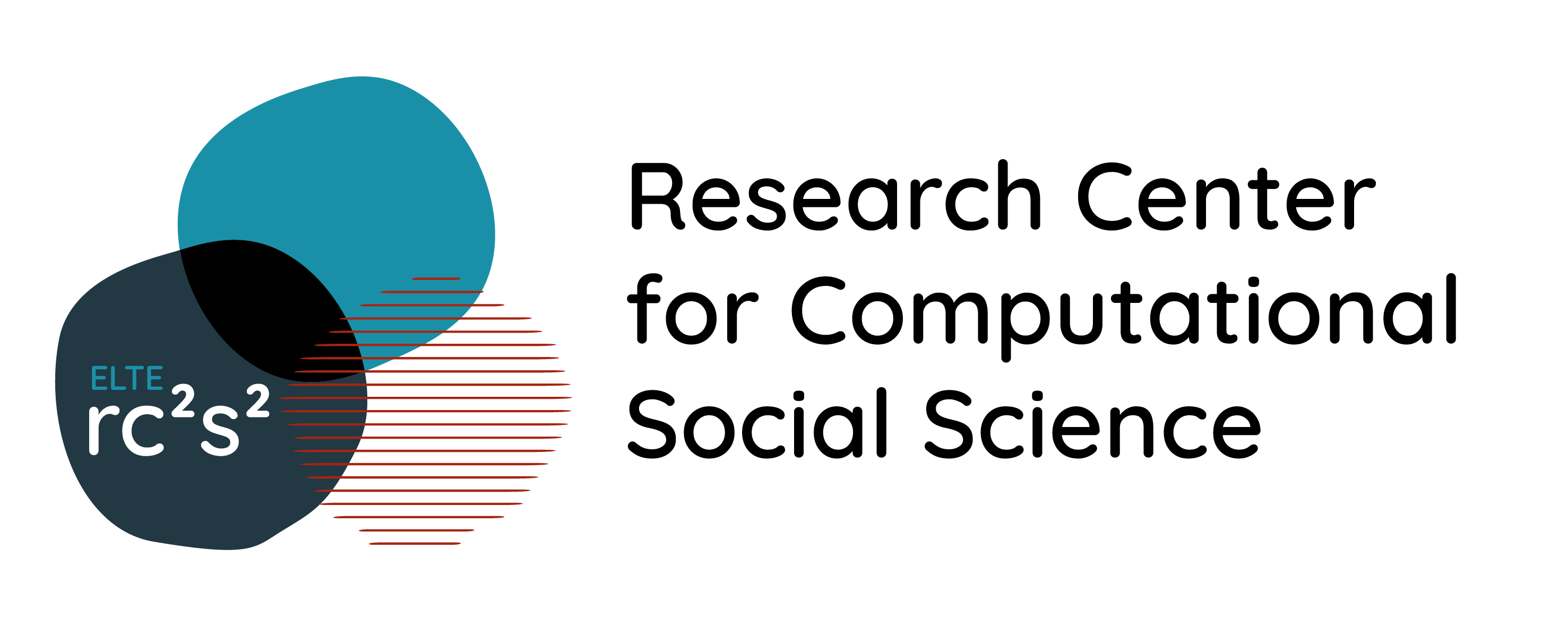The adaptation of the Polish memory culture to the challenges of the present began around 2000 (the historical turn in Polish public life). Due to the arrears in this respect, it took place in a precipitate, violent and turbulent manner. In 2004. Poland joined the European Union, a supranational community, which also witnessed the emergence of a common memory culture. In other words, the internal dispute over the nature of the national community (and the notions of its place in history) was compounded by the need to merge it with a supranational memory culture. In its formative stage, the latter was also characterized by a high temperature of debate.
The Russian invasion of Ukraine led a large part of Polish public opinion to believe that the importance and subjectivity of our state had increased. Like many others Central and Eastern European nations we are experiencing an “I told you so” moment. This applies to memory and geopolitics – in our view it’s pretty much the same. This means that the dynamics of memory disputes between Central and Eastern Europe and Western Europe will not weaken at all.
